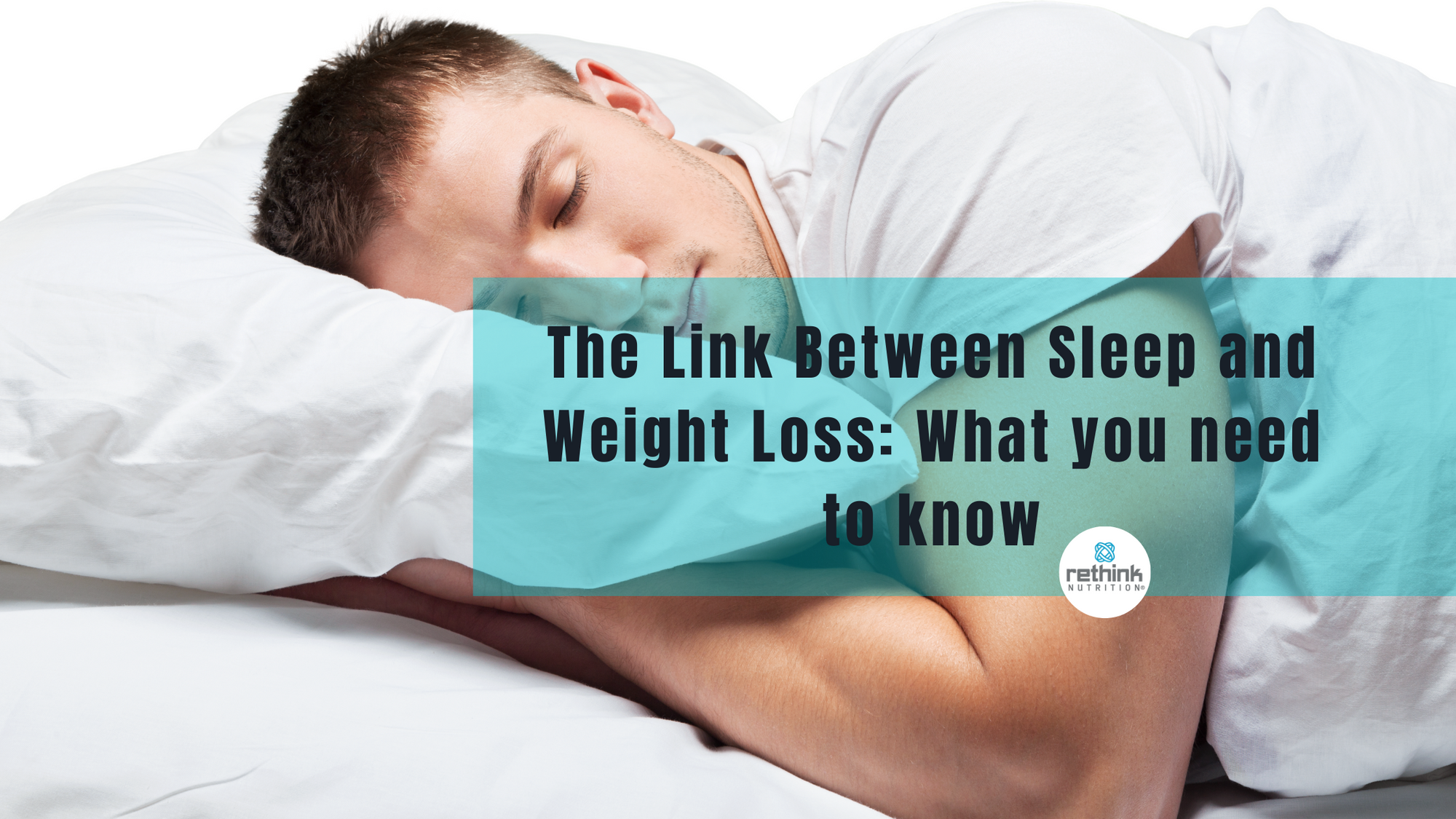Losing weight is difficult, and keeping it off can be even more difficult. Although the medical community is still unraveling the complicated relationship between sleep and body weight, several potential links have emerged that highlight the potential weight loss benefits of getting a good night's rest and the negative health effects of sleep deprivation.
We all require sleep, but we frequently fail to prioritize it. Getting less than the recommended amount of sleep each night can increase your risk of developing certain health problems, such as obesity.
But what is it about sleep duration — or lack thereof — that may contribute to weight gain?
Let's go over the science behind how your sleep habits affect your ability to lose weight, how sleep deprivation affects your appetite and the advantages of good sleep hygiene.
The Relationship Between Sleep and Weight Loss
The amount of time Americans spend sleeping has steadily decreased over the last several decades. During much of the same time period, the average BMI of Americans increased, indicating a trend toward higher body weights and higher rates of obesity.
As a result of these trends, many researchers began to speculate about possible links between weight and sleep. Numerous studies have suggested that sleep deprivation and poor sleep quality can lead to metabolic disorders, weight gain, and an increased risk of obesity and other chronic health problems.
While the exact nature of this relationship is still being debated in the medical community, existing research indicates a positive correlation between good sleep and healthy body weight.</
Lack of Sleep and Your Appetite
Studies have shown that lack of sleep can have a significant impact on your appetite, causing you to eat more than you would if you were well-rested.
How Lack of Sleep Affects Your Appetite
When you don't get enough sleep, your body produces more of the hormone ghrelin, which stimulates your appetite. At the same time, your body produces less of the hormone leptin, which helps to regulate your appetite and signal when you're full. This combination can lead to increased hunger and cravings, even if you've already eaten enough.
The Risks of Overeating
Overeating can lead to weight gain and other health problems, such as high blood pressure, diabetes, and heart disease. In addition, eating too much before bedtime can disrupt your sleep even further, creating a vicious cycle.
How to Improve Your Sleep and Appetite
To improve your sleep and reduce your appetite, try the following:
- Stick to a consistent sleep schedule, going to bed and waking up at the same time each day.
- Avoid caffeine and alcohol, which can disrupt sleep.
- Get regular exercise, but avoid vigorous activity close to bedtime.
- Create a relaxing bedtime routine, such as reading a book or taking a warm bath.
- Eat a balanced diet that includes plenty of fruits, vegetables, whole grains, and lean protein.
Sleep Deprivation and Cravings
Sleep deprivation, or not getting enough sleep, can have a variety of negative effects on the body, including changes in appetite and cravings. Lack of sleep can affect the hormones that control hunger, making you feel hungrier than usual and increasing your desire for high-calorie, high-carbohydrate foods.
One hormone affected by sleep deprivation is ghrelin, which stimulates appetite. When you don't get enough sleep, your body produces more ghrelin, making you feel hungry even if you've recently eaten. Another hormone affected by lack of sleep is leptin, which helps to regulate appetite and energy expenditure. When you don't get enough sleep, your body produces less leptin, which can lead to overeating and weight gain.
Sleep deprivation can also affect the brain's reward centers, making high-calorie, high-carbohydrate foods more appealing. A study published in the journal Sleep found that when participants were sleep-deprived, they were more likely to choose high-calorie, high-carbohydrate snacks than when they were well-rested.
In addition to affecting hormones and the brain's reward centers, sleep deprivation can also lead to stress and anxiety, which can trigger cravings for unhealthy foods. When you're stressed, your body produces cortisol, a hormone that can increase appetite and cravings for high-calorie foods.
Overall, sleep deprivation can have a significant impact on your appetite and cravings, making it harder to stick to a healthy diet. If you're struggling with sleep, it's important to talk to your healthcare provider to identify the underlying cause and develop a plan to improve your sleep habits.
Questions and Answers
Does a good night's sleep help you lose weight?
Yes, getting a good night's sleep can help with weight loss. When you are sleep-deprived, your body produces more ghrelin, a hormone that stimulates hunger, and less leptin, a hormone that signals fullness. This can lead to increased appetite and overeating, which can contribute to weight gain. In addition, sleep deprivation can lead to decreased energy levels, making it harder to engage in physical activity.
Why is rest important for weight loss?
Rest is important for weight loss because it allows your body to repair and recover. During sleep, your body repairs damaged tissues and produces hormones that regulate appetite, metabolism, and stress. When you are sleep-deprived, your body produces more stress hormones, which can lead to increased inflammation and insulin resistance. This can contribute to weight gain and other health problems, such as diabetes and heart disease.
How much sleep is important for weight loss?
The amount of sleep needed for weight loss varies by individual, but most adults need between 7-9 hours of sleep per night. Getting less than 7 hours of sleep per night has been linked to weight gain, while getting more than 9 hours of sleep per night may not provide additional benefits. It's important to establish a regular sleep schedule and create a relaxing sleep environment to ensure quality sleep.




